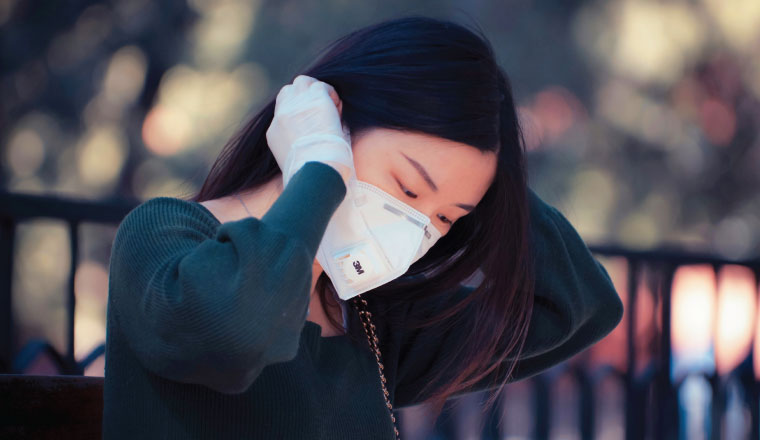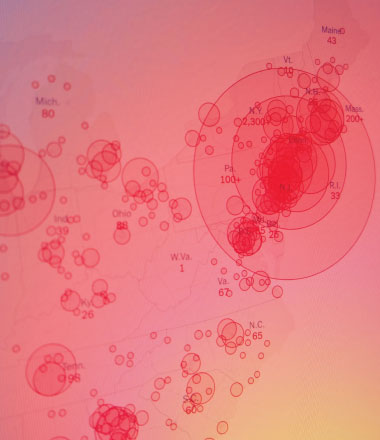Coronavirus: An Unethical Race to Patent a Vaccine?

Table of Contents
Coronavirus, Covid-19, Sars-CoV-2, quarantine, pandemic: virus verbiage is overwhelming a young 2020. The semantic field of the entire globe seems almost apocalyptic at this point. To the dismay of the healthy and carefree, corona infects every conversation with panic.
But why?
Because the disease is brand new. It’s only been around for 3 months. They have yet to find a vaccine, and all we know to do as humans is to freak out- professionally. On top of that, this global panic translates to ‘big opportunity’ for some; yes, that’s you, Big Pharma.
The world is in dire need of a Coronavirus vaccine. Basic economics deems it to be totally inelastic; people need it, and their willingness to pay any amount allows pharmaceutical companies to capitalise on it big time. It can be pretty much unanimously agreed upon that life is the most invaluable -and valuable- asset; but what happens if you can’t afford it? Indeed, countless companies are racing to procure a vaccine, but they are not exactly running on humanitarian fuel.
Who’s Winning Monopoly?
It is they who will obtain a patent monopoly. Hypothetically, they would then have the right to charge any amount for the medication they developed, much like how you could sell your Mayfair property for a million pounds, should you so wish. But, let’s say a vaccine existed in a competitive market; consumers would have plenty of choices, creating a healthy supply curve in correlation, keeping the price down.
An economic peek: ultimately, there will be only one contender breaking the race ribbon.
Patent Impatient?
In early February, Chinese researchers applied for a patent on American medication Remdesivir. This shows promise in combating the spectrum of coronaviruses and is a creation of pharmaceutical mammoth Gilead Sciences Inc. Although the medication is undergoing clinical trials, the company might be cut out in due time. If the patent does come through, it will bolster long-standing pharma fears about China’s loyalty to IP protection, causing tension regarding what might happen in a critical market.
This then raises the question: if such patents didn’t exist in times of a global pandemic, would companies be as incentivised to develop a vaccine fast? The economic theory of patent protection contends that innovation is born from patents safeguarding the extensive research and development invested by the creator. Advocates of this theory assert that if there were no scope for patents, such innovation in vaccines would not experience the same inflation.


Lawmakers Fear Monopoly Medicine
Let’s look at what happened last month in the United States. 46 members of Congress requested the White House to make sure that any remedy for the Coronavirus born from tax-payer money is fairly priced.
In their letter, the lawmakers asked the Department of Health and Human Services not to grant exclusive licensing rights to any pharmaceutical company over fears that “providing monopoly rights could result in an expensive medicine that is inaccessible. As a result, wasting public resources and putting public health at risk in the U.S. and around the globe.”
In a Nutshell
A world operating on utopian ideals would see pharmaceutical companies working with and not against each other when trying to develop a vaccine. While that would be the grown-up thing to do, given that a killer virus is ravaging the world, it’s simply not in the nature of the beast.






